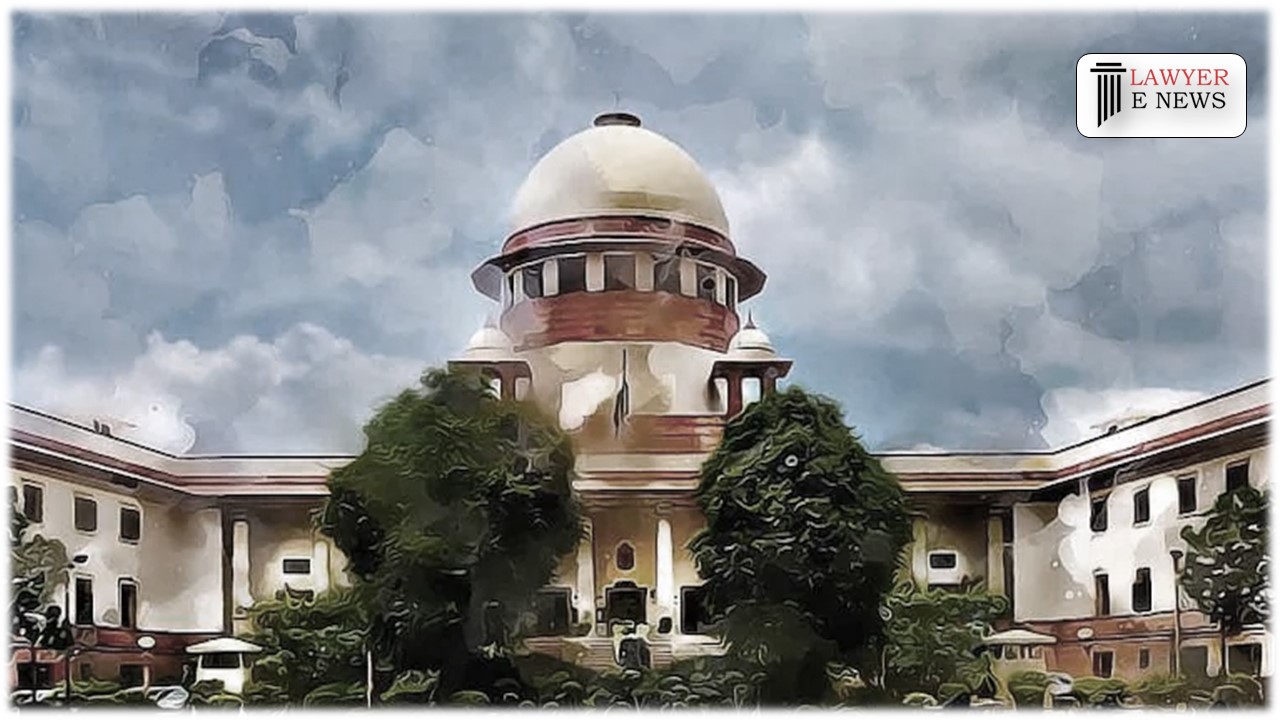-
by Admin
15 February 2026 5:35 AM



Supreme Court addressed the extent of liability of legal heirs in fulfilling obligations under a development agreement after the demise of the original developer, a sole proprietor. The key legal issue revolved around distinguishing between inheritable monetary obligations and personal obligations that cease upon the proprietor’s death.
Facts and Issues: The dispute arose from a development agreement between the complainants, Jayashree Padmakar and others, and developer Vinayak Purshottam Dube. After Dube’s death, his legal heirs were brought into the case to fulfill the agreement’s obligations. The National Consumer Disputes Redressal Commission (NCDRC) had held the heirs responsible for all obligations, both monetary and personal, under the agreement. The heirs appealed to the Supreme Court, questioning their liability, especially for personal obligations requiring Dube’s expertise and skills.
The Supreme Court examined the nature of the obligations under the development agreement. It distinguished between proprietary rights (inheritable and having economic value) and personal rights (non-transferable and ending with the individual).
The Court referred to Section 306 of the Indian Succession Act, 1925, and Sections 37 and 40 of the Indian Contract Act, 1872, highlighting that personal obligations dependent on an individual’s skills or competencies are not transferable to legal heirs.
Legal precedents, including Raghu Lakshminarayanan vs. Fine Tubes and Ajmera Housing Corporation vs. Amrit M. Patel, were cited to underline that obligations requiring personal performance by the deceased cannot be enforced against legal heirs.
The Supreme Court ruled that while the legal heirs are responsible for monetary obligations from the deceased’s estate, they are not liable for personal obligations that were specific to the developer’s skills or expertise. Consequently, the Court set aside the NCDRC’s orders imposing personal obligations on Dube’s heirs but upheld the monetary liabilities to be settled from the estate.
Date of Decision: 1st March 2024
Vinayak Purshottam Dube (Deceased), Through LRs vs. Jayashree Padmakar Bhat & Others
